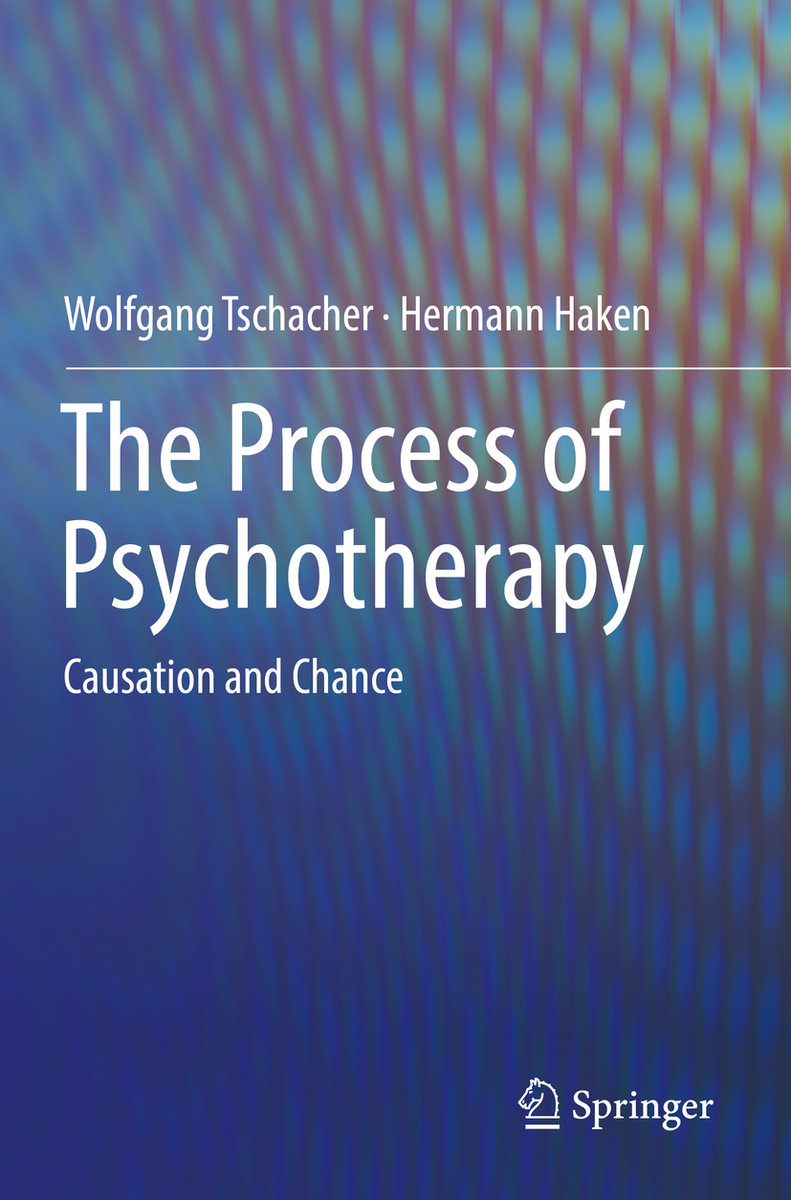Wolfgang Tschacher: received his PhD in psychology at the University of Tübingen, Germany. Psychotherapy training in systemic therapy. Habilitation in psychology and Venia legendi at University of Bern, Switzerland, professorship in 2002. He is based at the University Hospital of Psychiatry and Psychotherapy in Bern, where he founded the department of psychotherapy research, and currently is head of the Experimental Psychology group. His main interests are in quantitative psychotherapy research, time-series methods and experimental psychopathology, with an emphasis on dynamical systems, embodied cognition, and phenomena of cognitive self-organization. He acted as president of the European chapter of the Society for Psychotherapy Research (SPR), and is member of the directorate of the Society for Mind-Matter Research. He has been the organizer of the 'Herbstakademie' conference series on systems theory in psychology. Dr. Tschacher has published about 200 scientific publications, 16 monographs, and edited volumes on psychology, psychiatry and cognitive science (WT is still proud to have been, in 1992, the main editor of "Self-Organization and Clinical Psychology" in the Springer synergetics series.)
Hermann Haken: studied mathematics and physics in Halle and Erlangen, Germany, where he completed his dissertation in mathematics. Habilitation at the University of Stuttgart, where he became a professor of theoretical physics and director of the Institute of Theoretical Physics and Synergetics. His fields of work comprise laser physics and nonlinear optics, solid state physics, statistical physics, group theory, and bifurcation theory. He is the founder of the interdisciplinary field of synergetics, which elaborates on self-organization as an emergent quality of complex dynamical systems throughout the sciences. About 600 scientific publications, 26 textbooks and monographs on physics, synergetics and complexity science, psychology, and neuroscience. His work has been translated into Chinese, Italian, Japanese, Russian, Spanish and further languages. He received multiple awards as well as honorary doctorates from universities in Germany, Spain, China, and the USA.



